By Jack Walton
August 12, 2023: A group of Birmingham City fans and an NFL superstar walk into a pub. It could be the start of a joke, only to those Birmingham City fans staring across The Roost at Tom Brady, if it was a joke it was a particularly surreal one. Imagine Tom Brady in The Roost? Whatever next: Barack Obama in the The Fountain? Beyoncé drinking lager through an upturned traffic cone in The Royal George? Brady is one of the most celebrated and decorated global sportsmen on the planet, and The Roost on Cattell Road is the sort of no-frills boozer where Carling competes with Coors Light on the taps. Strange bedfellows, perhaps.
But the Birmingham City of 2023 is a new proposition. The club is, or at least is posturing as — depending on your personal levels of scepticism — more outward looking, less introspective, more global. Since its takeover by Knighthead Capital, with Brady picking up a minority stake, fans have seen their decades-lasting fatalistic, self-deprecating outlooks challenged by an interloper emotion barely recognisable at the club: optimism.
The Knighthead takeover followed an elongated saga in which fans feared the club would go under financially on multiple occasions. When it was finally announced, on 13 July 2023, the sense of collective relief was overwhelming. The Americans had arrived. They’d brought Tom Brady. They’d brought loaded mac’n’cheese to the St Andrews food stands. They’d brought fireworks.

Is it feel good? Is it a gimmick? Healthy scepticism notwithstanding, so far fans are leaning towards the former. Lyle Bignon, a lifelong Blue and nighttime economy ambassador for the city, is one of them. It’s time, he says, to “dilute the self-deprecating attitude that hangs over Blues fans”. Knighthead are the people to do it.
Their plans are bigger than most Blues fans would’ve dreamt. For starters, a site near the ground — Wheels Park — a now-closed motor racing circuit, has recently been bought up. A cloak of mystery hangs over the situation, nothing has been officially announced, but sources have indicated that Knighthead are the buyers. If true, it is believed they would be looking at plans to develop the site into a full multi-purpose stadium with sports and entertainment areas, much like what the billionaire owners of Manchester City have built in Manchester.
And then there’s the club’s recently announced shirt sponsorship deal with LA-based clothing brand UNDEFEATED. It’s a deal that clearly punches above Birmingham City’s current weight. As part of the marketing, the shirts appeared on advertising boards in Times Square and on New York cabs. “We’ve navel-gazed for such a long time, so to see that blew a lot of Blues fans' minds,” says Bignon.
The hope is that this is an ownership not merely looking to spin a quick return off the team (a theme in years gone by), but one that wants to invest in the city long-term. “To reflect the city,” as Bignon puts it. It’s early days, but the signs with Knighthead are that they’ll be able to work alongside Birmingham City Council (perhaps not unlike the very close relationship between Manchester City and Manchester City Council) to develop these plans.
The difficulty is this: Birmingham fans aren’t used to good things. Coming to terms with the idea that things might be on the up is an oddly uncomfortable readjustment. In 2011, the club pulled off a massive coup, beating Arsenal to win the League Cup. It was a fairytale story. More like a sinister Brothers Grimm original than a Disneyfied version of the fairytale though. Within months the club’s owner Carson Yeung was arrested on suspicion of money laundering. Then the club’s bank account was frozen. They were relegated from the Premier League that season.

While an owner ending up behind bars was a standout stroke of misfortune, Yeung’s predecessors and successors didn’t exactly do a wonderful job either. “Our short term gain has always been very short,” Richard Walker tells me. “And our pain feels endless”.
Walker himself is “thrilled” about the takeover, and believes the long-term picture is bright. The issue is the present. True to form, much of the Knighthead buzz has been uncut by the team’s dismal on-pitch displays. Despite starting the season positively, Birmingham sacked manager John Eustace and replaced him with a big name: legendary England forward Wayne Rooney. But Rooney has overseen a massive slump. The fact that his agent Paul Stretford is a buddy of Birmingham’s new CEO Garry Cook (both members of the so-called Alderley Edge mafia, a drinking group based in Cheshire) has only added to the cynicism.
Nepotism is hardly a rarity in football, but it was the fact the club had finally found on pitch stability that made it so strange. Gabe Sutton, a Birmingham fan and freelance journalist, says the switch from Eustace to Rooney left him “confused” and “bemused”. He, like others, enjoyed the short-term hit of excitement over the takeover, and the novelty of Tom Brady roaming the Roost, but says “that novelty is short-lived when it isn’t backed up by results”. Rooney has enjoyed a meagre one win so far.
Aside from the “jobs for our mates” concerns, the other issue here is the worry that the club is attempting to “run before we’ve got walking,” as Walker puts it. So far there’s been a lot of glitz: grand plans, big money deals, even fireworks before matches (“I don’t really know why there’s fireworks for Rotherham at home,” Blues fan and blogger Daniel Ivery tells me sardonically). And — at least to some fans — the firework displays feel hollow when the team can’t string two passes together.
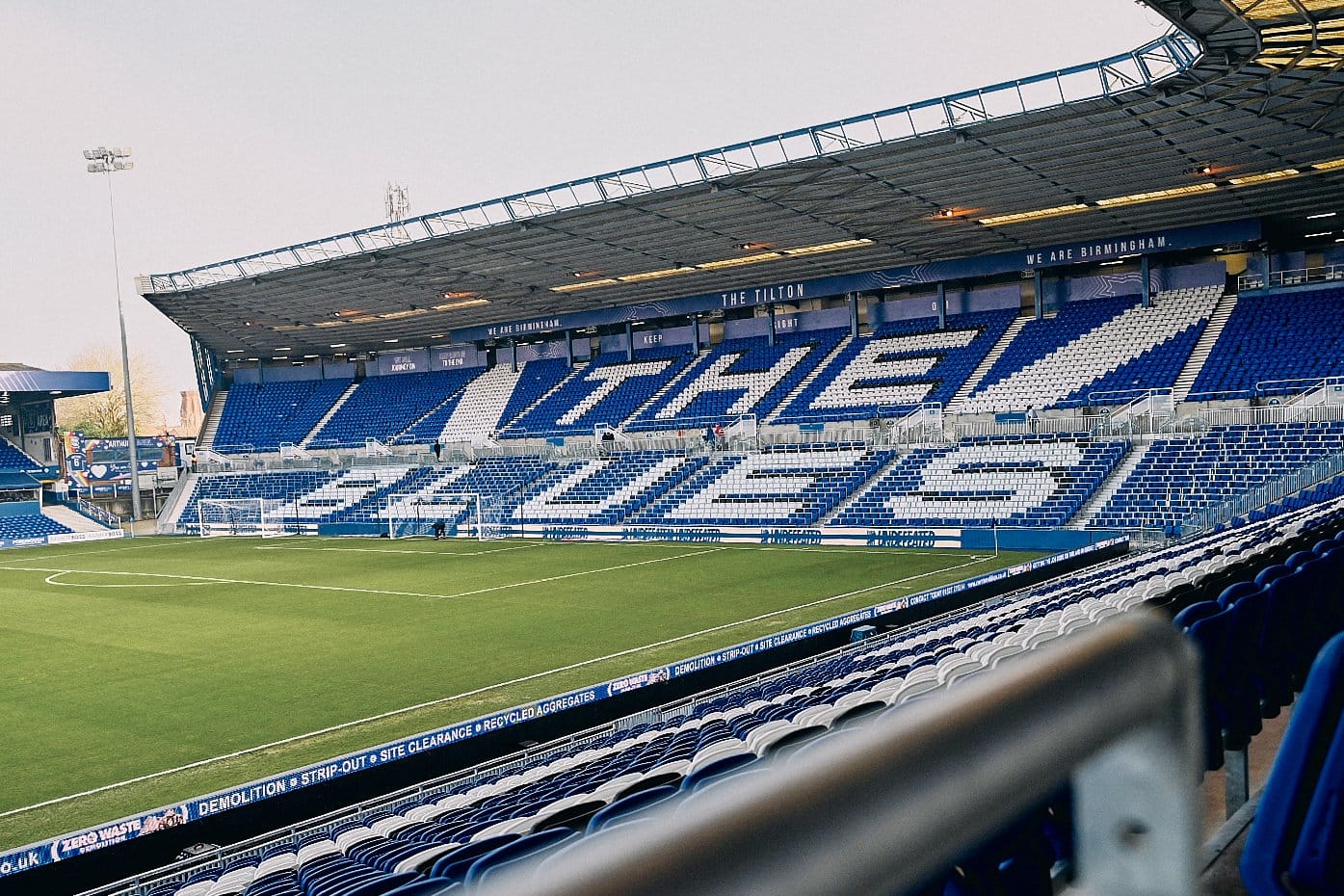
But there have also been material improvements. St Andrews, for example, has long been a bit of a dilapidated mess, as modern football stadiums go. Already that’s being addressed, simple touches — fixing the maddening queuing system to the bars, amending broken seats at the ground, and a general lick of paint — go a long way.
A few Mondays ago, the club hosted an Open Night evening for fan representatives to come along and hear firsthand what plans Knighthead has from the people at the top. Writing in the Birmingham Mail, radio personality Tom Ross could barely contain his excitement, saying it was “beyond anything any of us have ever witnessed at Birmingham City” and that such was his optimism about the future after the event it made him “quite emotional”.
More cynical fans dismissed the event as a cheap PR stunt to curry favour. Certain searching questions were dodged, they say. But all in all, the impression most came away with was that Knighthead had devised a clear plan. On the night, the likes of Cook talked about the grand plans to drive up the club’s income and team up with “global partners”.
Aside from all the money talk, something else Cook said that Monday night stood out: that many kids in this city don’t support “local teams” anymore and that a generation of fans had been lost. This is something all the fans I speak to recognise. “You see more of the top Premier League club shirts around the city than Birmingham shirts,” Walker says. There’s an acceptance and understanding that to address that and to re-ignite the interest of the next generation in the club, Birmingham needs to create a fuller brand with all the trimmings. “It’s not just about a tribal identity like it was in the past,” Ivery says. “It’s got to be entertaining now too”.

For Bignon, that “self-deprecating outlook”, that instinctively inward-looking nature, is one way in which the fate of Birmingham’s eponymous team mirrors the city at large. Birmingham has always been looked down on a bit, at least relative to its size, and that becomes internalised. Compared to the self-aggrandising swagger of Manchester or even Bristol, the city has been a bit more “we’ve got our lot and that’s it”.
But Birmingham is starting to open up and dream bigger, and so is City. What’s helped has been the success of individual players carrying that torch: most significantly by far, Jude Bellingham, who left the Blues aged 17 for £25 million in 2020 and now plays for Real Madrid. Still only 20, Bellingham is possibly the most in-form footballer on the planet, and moreover someone for the next generation of kids to aspire to emulate. His connection to the club is a powerful magnet. Luke Kennedy, a teacher and lifelong Birmingham fan, tells me his students are constantly talking about Bellingham.
There’s also Jaykae, the rapper from Small Heath, who wears his support for Birmingham with pride. These are the kind of figures the club needs, and the city needs. People who make a 15 year old proud to be from Birmingham, and proud to support Birmingham.
While Villa (or “the vile” as most Blues prefer to say) have enjoyed big money signings and multiple seasons in the top half of the Premier League, occasionally even pushing themselves into European competitions, Birmingham has allowed its identity to develop around their downtrodden-ness over the years. Ivery aptly terms it “inverse snobbery”: eschewing the corporatised, “prawny”, sell-out world of modern football for a rag-tag approach infused with heavy amounts of gallows humour.

But that attitude can be shaken off. “Sometimes you’ve got to realise they’re putting things out that aren’t necessarily for you,” Ivery says. He gives an example. UNDEFEATED, the swanky new shirt sponsors are famed for low-volume, highly exclusive clothing drops. “It’s kind of like the prawn sandwiches of merchandise,” Ivery says. Here, a t-shirt can fetch over £100. If you can’t afford it (or don’t want it), then don’t get one. Get your t-shirts in a three-for-£10 multipack. “You either embrace it or you ignore it — but if it helps the club then it’s a good thing,” Ivery adds.
Ultimately, to modernise while retaining the club’s identity, as it were, is a tightrope walk. Were the club to leave St Andrews, perhaps for that new multi-purpose arena over at Wheels Park, there would be uproar from a subsection of traditionalists. Letting go of the plucky-but-proud, unpretentious-if-unimpressive Birmingham won’t be easy for everyone. But to try and exist without maximising revenue in a sport so dominated by money is of course to invite failure.
Most have tried to embrace it though. Ivery recently spotted “loaded mac’n’cheese” selling on the concourse for the first time in his Blues-supporting life. A brave new world indeed. Not him though, he’s lactose intolerant.
As Walker says, if they can get through the current run of bad performances, good times should — should — be coming. A lot of Blues are simply sitting waiting for the balloon to burst once again, though. At Birmingham City, pessimism dies hard.


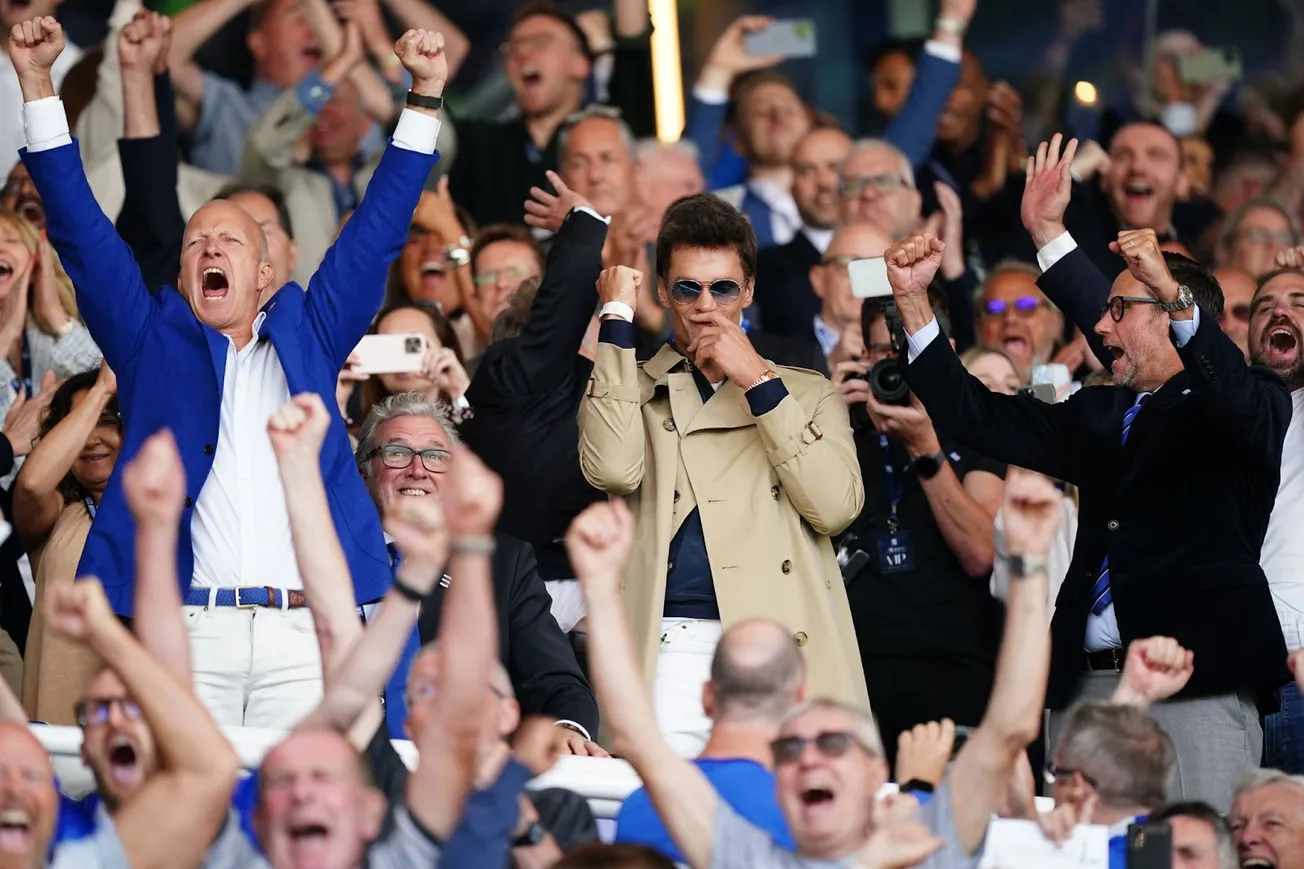
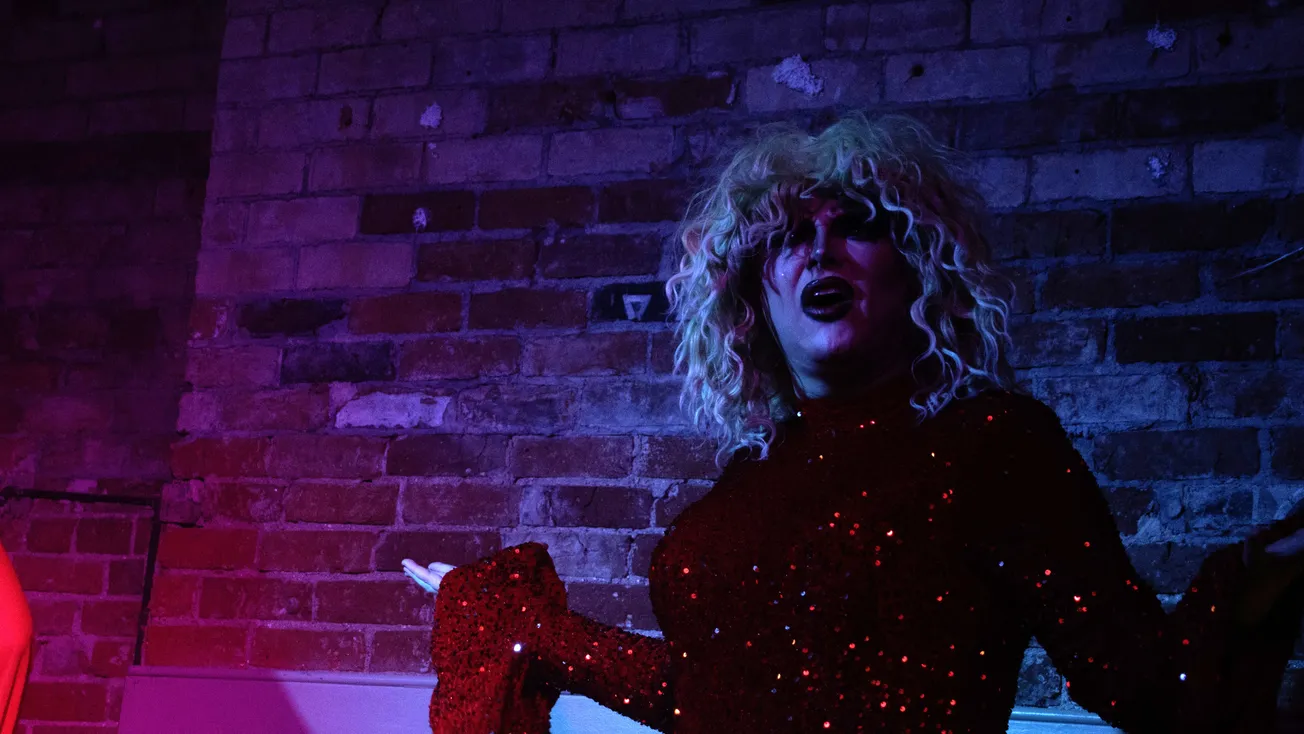
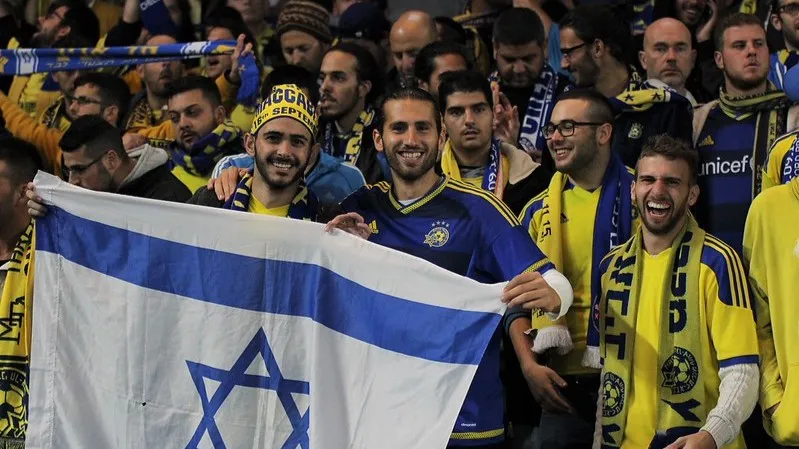

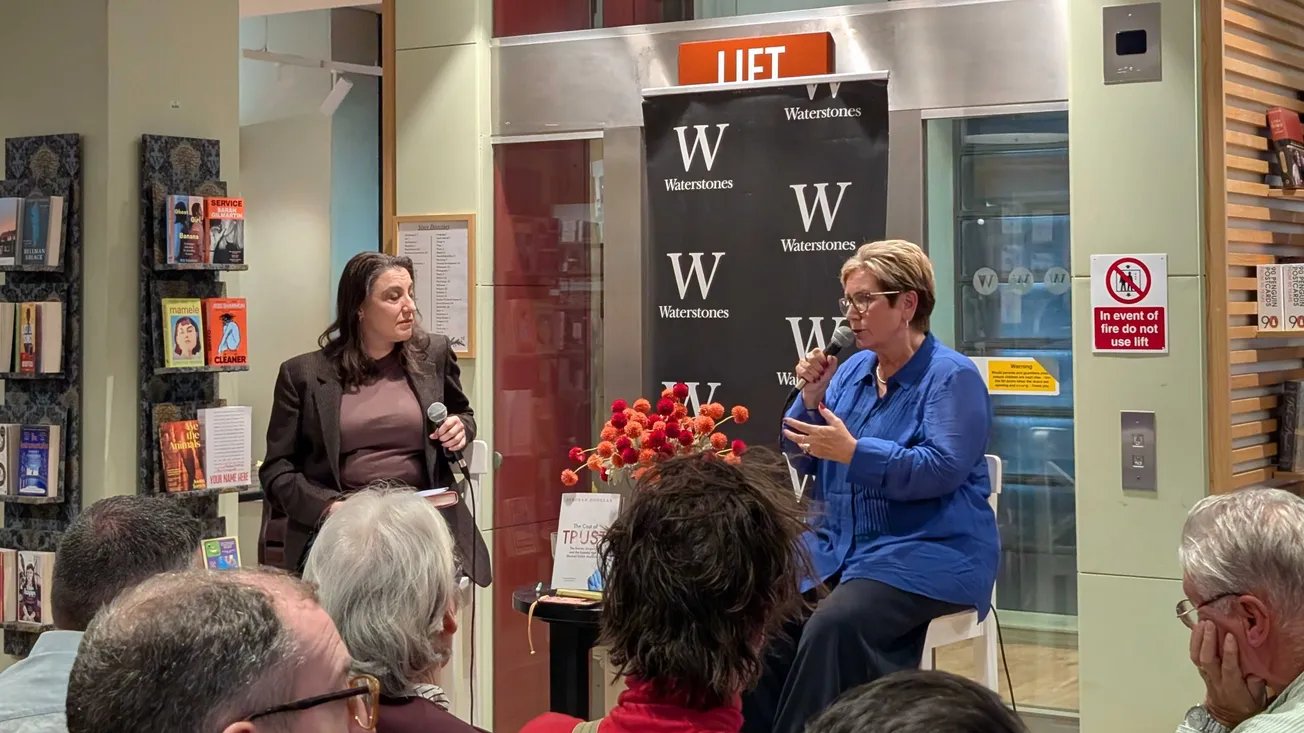

Comments